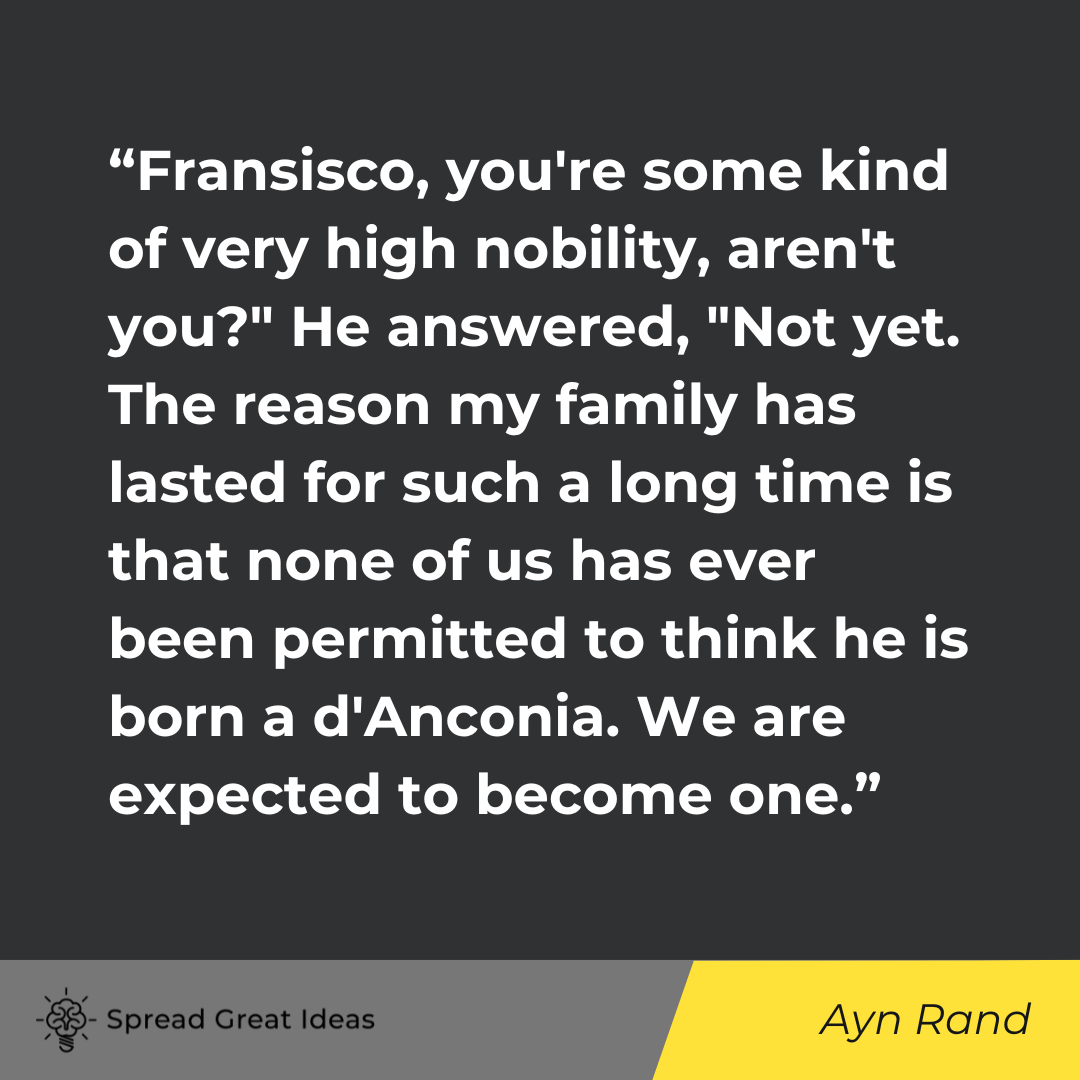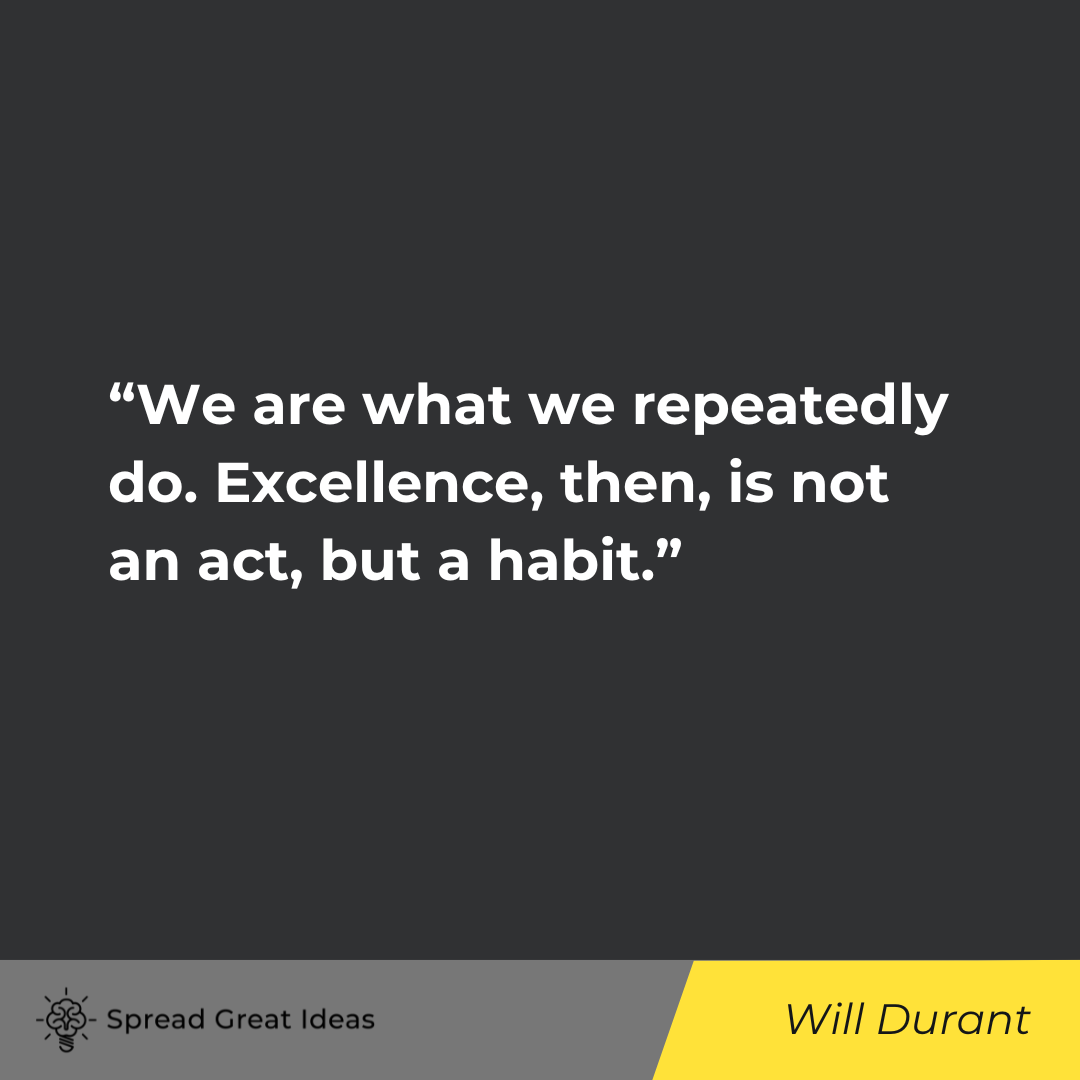Table of Contents

People often talk about what they “deserve.” But what does this really mean? What do we “deserve” in life?
There is a tension in the word “deserve.” On the one hand, aspiring to be deserving of what we want makes us better people, not to mention being far more likely to get what we want. On the other hand, feeling that we “deserve” this or that can lead to a sense of entitlement in life. We should strive to be worthy of what we desire, but without feeling short changed when we do not get what we feel that we “deserve.”
What’s more, we should not feel put out when we do not receive the recognition we feel we deserve. It is important to act as if no one is watching us, to seek achievement, aspire to excellence and to commit good deeds for their own sake, rather than the accolades of the crowd, which are fleeting.
In the final analysis, there is no better reward than the feeling of achievement, progress and self-actualization. It is only when we realize that the validation we receive from the self is the highest form of praise that we begin to properly appreciate the accolades that come from outside.
Here are some of our favorite quotes about what we deserve and the place of external praise, from some of the most accomplished figures in human history.
Quotes About Deserving Things in Life
Charlie Munger
“To get what you want, you have to deserve what you want. The world is not yet a crazy enough place to reward a whole bunch of undeserving people.”

“How to find a good spouse? The best single way is to deserve a good spouse.”

Aristotle
“Dignity does not consist in possessing honors, but in deserving them.”
G.K. Chesterton
“There is no way in which a man can earn a star or deserve a sunset.”

Roy T. Bennett
“Make the most of what you have and keep your standards high. Never settle for anything less than you deserve or are capable of achieving.”

Ayn Rand
“Fransisco, you’re some kind of very high nobility, aren’t you?” He answered, “Not yet. The reason my family has lasted for such a long time is that none of us has ever been permitted to think he is born a d’Anconia. We are expected to become one.”

Max Weber
“The fortunate man is seldom satisfied with the fact of being fortunate, beyond this he needs to know that he has a right to his good fortune. He wants to be convinced he deserves it and above all that he deserves it in comparison with others. Good fortune, thus wants to be legitimate fortune.”

American Proverb
“You pay peanuts, you get monkeys.”

Elizabeth Gilbert
“Plant an expectation; reap a disappointment.”
– Elizabeth Gilbert, quoting an old proverb

Tony Robbins
“You don’t get what you deserve. You get what you tolerate.”

Will Durant
“We are what we repeatedly do. Excellence, then, is not an act, but a habit.”

Henry Kissinger
“A leader does not deserve the name unless he is willing occasionally to stand alone.”

Plutarch
“They should live all together on an equal footing; merit to be their only road to eminence, and the disgrace of evil, and credit of worthy acts, their one measure of difference between man and man.”
– Plutarch

Jeffery R. Holland
“Expecting a trouble-free life because you are a good person is like expecting the bull not to charge you because you are a vegetarian.”

